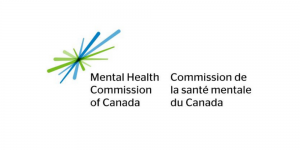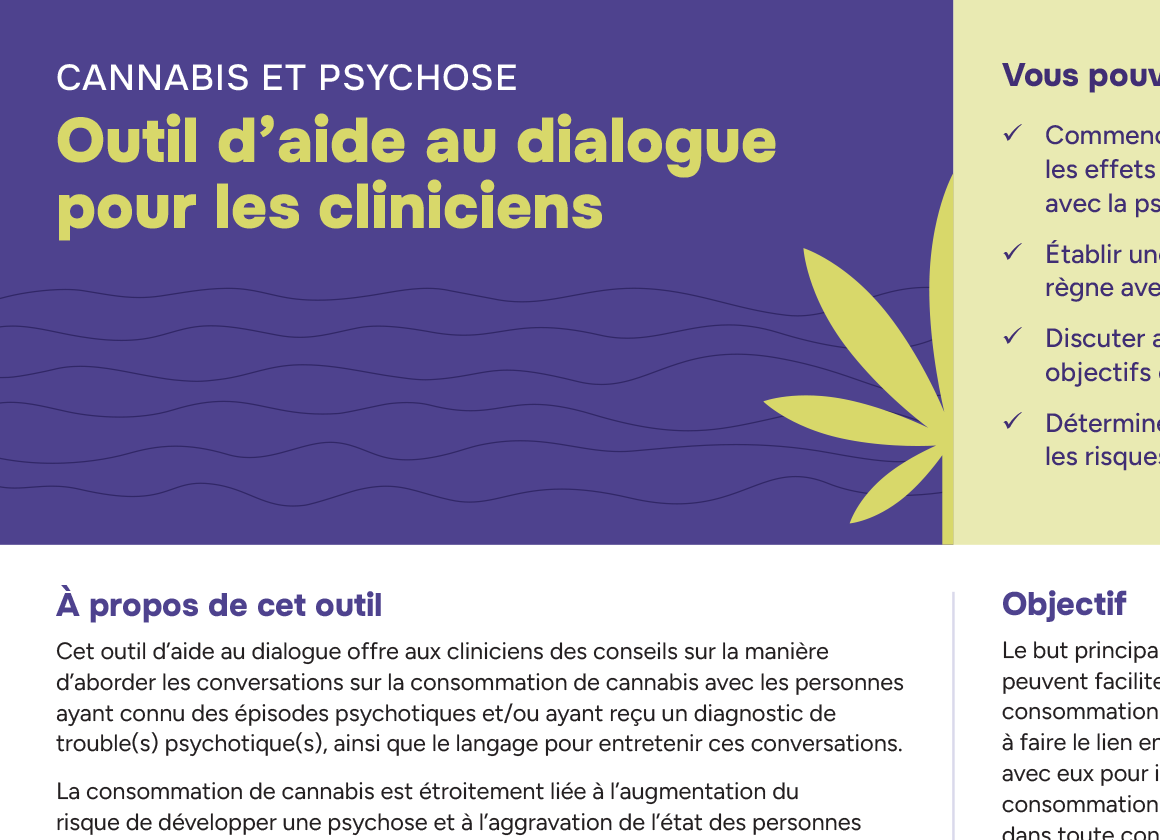Trouver une ressource
Consultez notre collection d’informations et de ressources organisées!
*Plus de ressources sont disponibles en anglais.

Digital Handbook on Wraparound Programs for Pregnant and Parenting Women with Substances Use and Other Concerns.
Cahier d’exercices
The aims of this handbook are to support the creation, development, ongoing operation, and sustainability of wraparound programs for pregnant and/or …
Source: Centre of Excellence for Women's Health (CEWH), Nota Bene Consulting GroupFormat: Lien
Publié : 2023
Sujets : Populations spécifiques
Mental Health Structural Stigma in Healthcare eLearning Course
Module d’apprentissage en ligne
Those experiencing mental health and substance use (MHSU) concerns face stigma in every aspect of their lives. No matter the context, be it personal …
Source: Mental Health Commission of Canada (MHCC)Format: Lien
Publié : 2023
Sujets : Lutter contre la stigmatisation structurelle

How an emergency department is organized to provide opioid-specific harm reduction and facilitators and barriers to harm reduction implementation: a systems perspective
Article universitaire
The intersection of dual public health emergencies—the COVID-19 pandemic and the drug toxicity crisis—has led to an urgent need for acute care based …
Source: Harm Reduction JournalFormat: Lien
Publié : 2023
Sujets : Réduction des méfaits, Sites de consommation supervisée, Autres approches
Cannabis et psychose: Boîte à outils clinique
Outil
En plus des lignes directrices, une série de ressources ont été développées pour soutenir la sensibilisation, l’éducation et la mise en œuvre des RUC…
Source: Laboratoire Didier Jutras-AswadFormat: Lien
Publié : 2023
Sujets : Pratiques exemplaires et lignes directrices, Substances spécifiques

Services de consommation supervisée | Tableau de bord
Site Web
Données sur les sites de consommation supervisée (SCS) au Canada, y compris le nombre de visites, les caractéristiques démographiques des clients, la…
Source: Gouvernement du CanadaFormat: Lien
Publié : 2024
Sujets : Sites de consommation supervisée, Surveillance nationale
OPPC: Effective and Safe Opioid Use for Chronic Pain in Children
Module d’apprentissage en ligne
The Online Paediatric Pain Curriculum (OPPC) is a free, mobile friendly, broad education platform created by over 40 authors based on the Internation…
Source: Solutions for Kids in Pain (SKIP)Format: Lien
Publié : 2024
Sujets : Populations spécifiques, Pratiques exemplaires et lignes directrices, Pain management
Engaging People Who Use Drugs (PWUD) to Build Organizational Capacity
Webinaire
In this 90-minute recorded webinar, the Ontario Harm Reduction Network explores key principles and practical tips for the meaningful engagement of PW…
Source: Ontario Harm Reduction Network (OHRN)Format: Lien
Publié : 2020
Sujets : Réduction de la stigmatisation, Pratiques exemplaires et trousses d’outils de mobilisation
Women and Harm Reduction in Ontario: A Capacity Building Toolkit
Outil
This Toolkit was created to strengthen the work harm reduction programs do with women who use drugs. It contains a series of tools that can be used t…
Source: Women & HIV/AIDS Initiative (WHAI)Format: Lien
Publié : 2020
Sujets : Réduction des méfaits, Renseignements généraux sur la réduction des méfaits, Populations spécifiques
Methamphetamine Webinar Series - Part 2: Working With and Supporting People Who Use Methamphetamine
Webinaire
The purpose of this webinar is to learn the signs of overdose and how to respond, examine behaviours associated with methamphetamine use and strategi…
Source: Ontario Harm Reduction Network (OHRN)Format: Lien
Publié : 2018
Sujets : Réduction de la stigmatisation, Pratiques exemplaires et trousses d’outils de mobilisation, Substances spécifiques
Implications of COVID-19 Webinar Series
Webinaire
CCSA’s new webinar series explores the implications of COVID-19 on public health, highlighting work in the area of substance use and COVID-19 across …
Source: Canadian Centre on Substance Use and Addiction (CCSA)Format: Lien
Publié : 2020
Sujets : Ressources proposées sur la COVID-19
